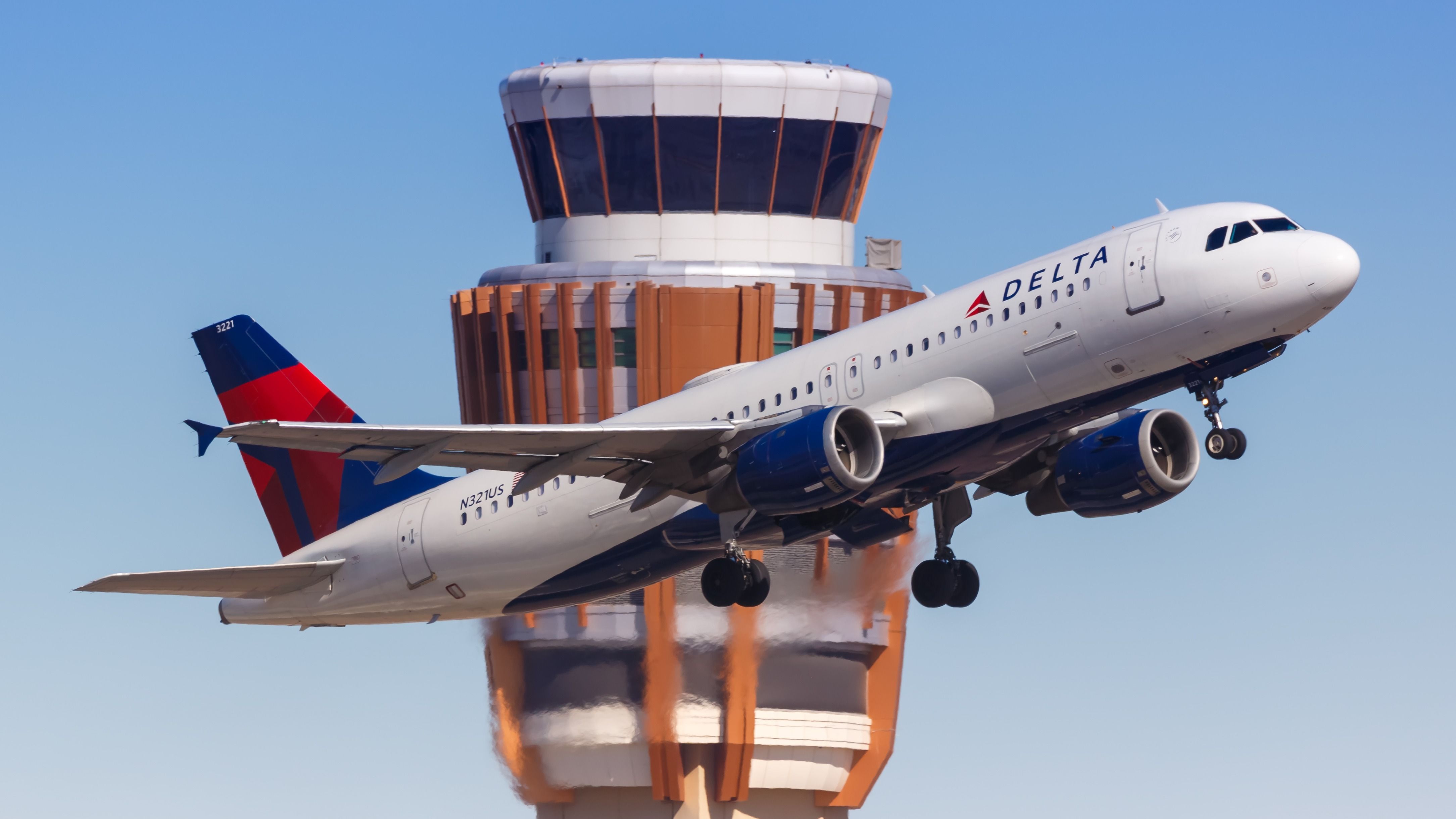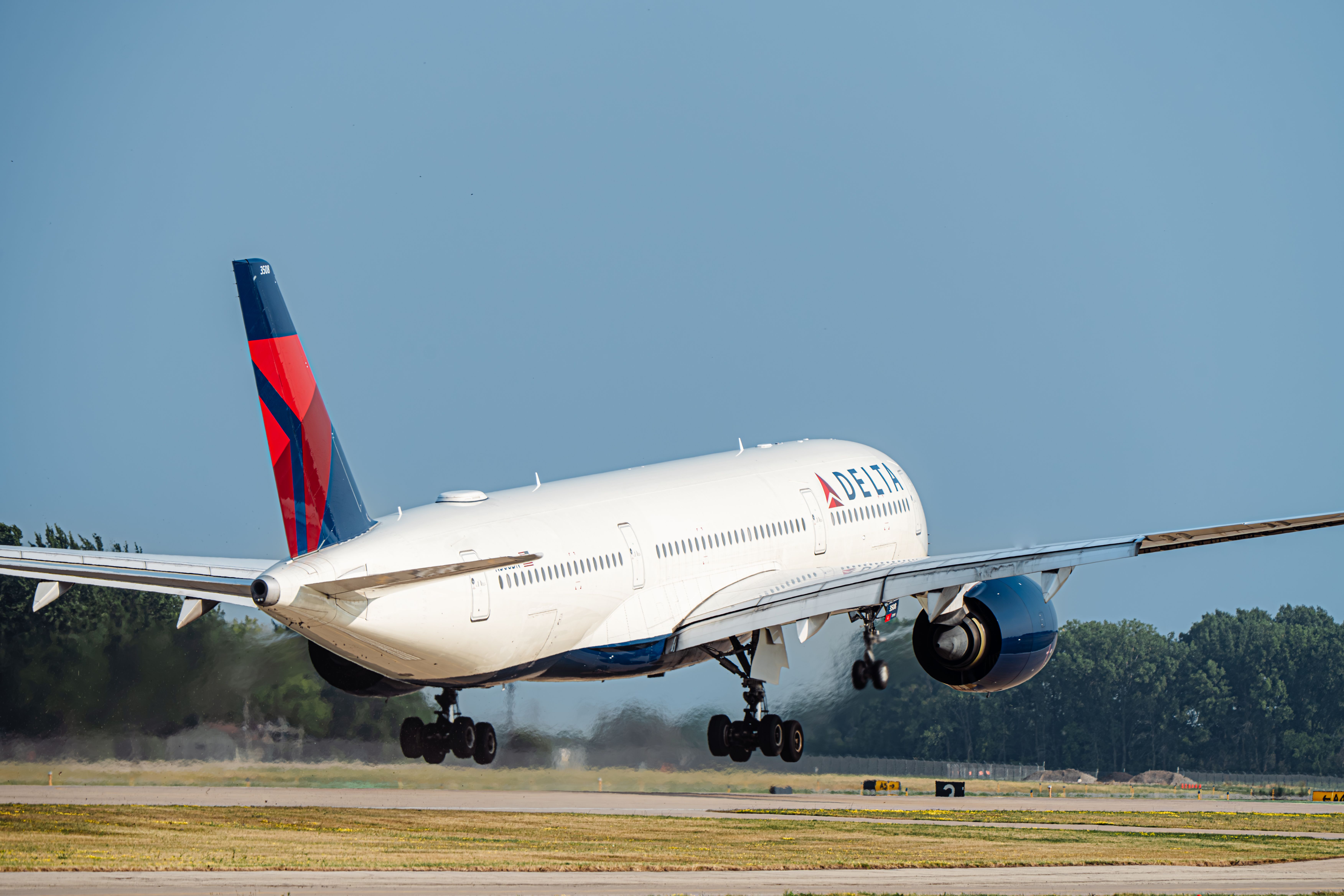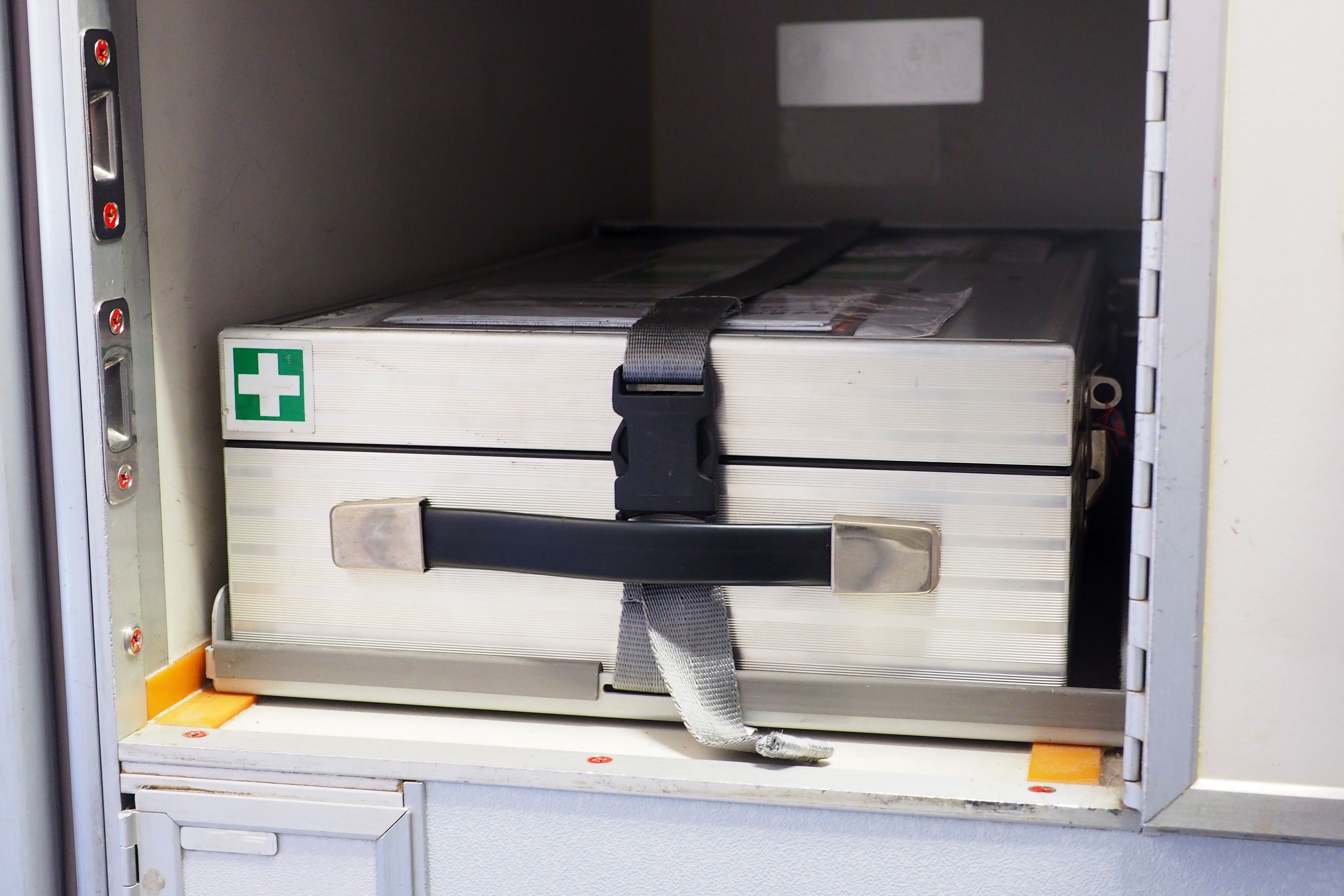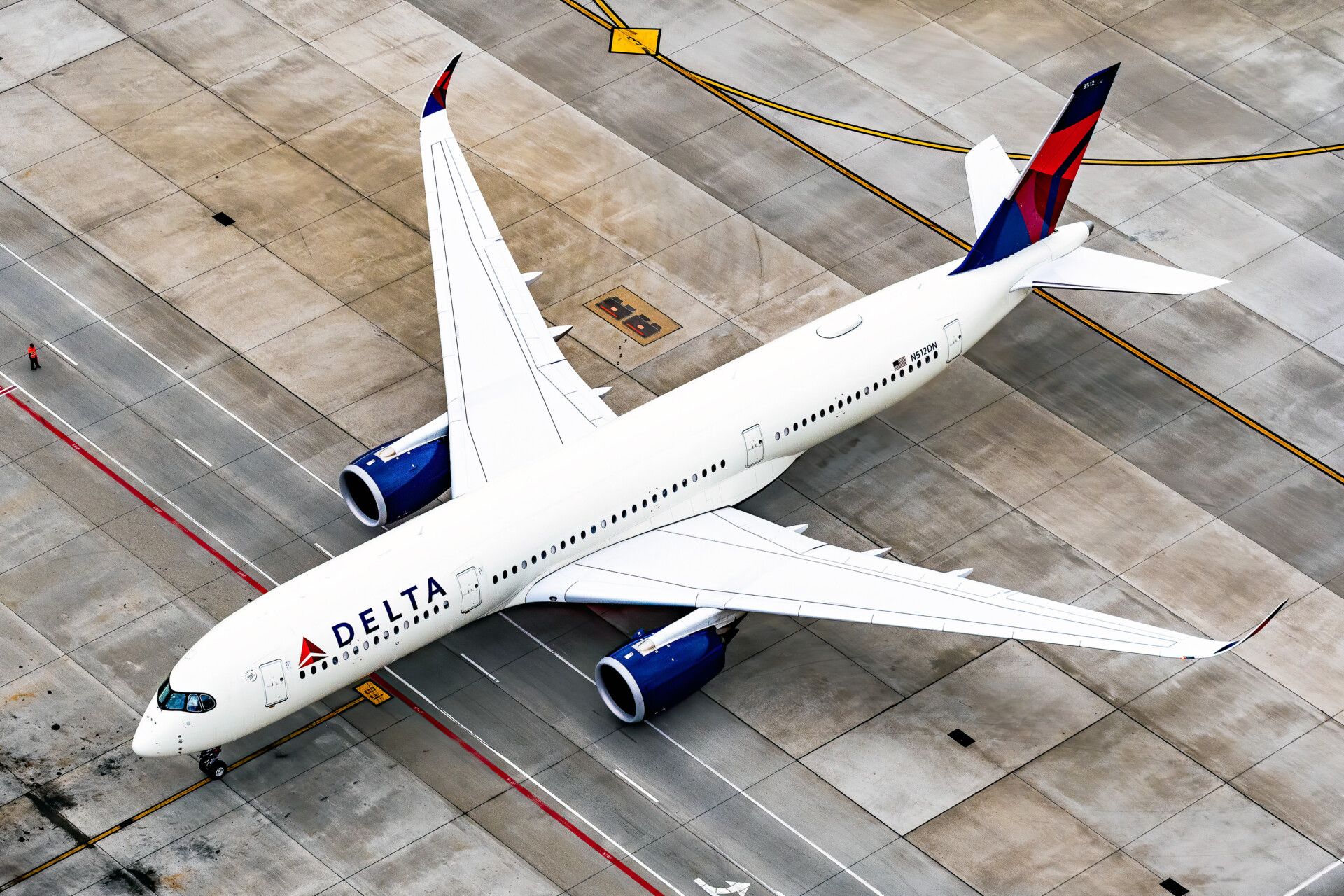Summary
- Delta Air Lines is upgrading its fleet with new medical tools and technology to support the health and safety of passengers by the end of 2023.
- The airline has already added MedAire's MedLink solution to its long-haul services, allowing crew members to liaise with on-ground doctors during in-flight medical emergencies.
- Over the next several years, Delta Air Lines aims to implement telemedical services and remote electrocardiogram monitoring to allow for diagnosis from a distance.
After coming under fire in June for giving a passenger an empty oxygen bottle onboard, a flight from Minneapolis-Sant Paul International Airport (MSP) to Chicago O'Hare International Airport (ORD), Delta Air Lines is gearing up to bolster its onboard medical technology to safeguard the continued health and well-being of its customers and crew members.
Keeping it healthy
As reported by Fox Business, the legacy carrier is set to introduce a range of upgrades to its aircraft over the next several months, going "above and beyond" and ensuring the entirety of its 1,500-strong fleet offers up-to-date and expansive medical tools and technology. All crew members will undergo a rigorous six-week training program to train them on emergency equipment, defibrillators, crisis management, and CPR.
In a statement provided to the outlet, Delta Air Lines Chief Health Officer and cardiologist Dr. Henry Ting noted the carrier's commitment to supporting and accommodating everyone onboard its services.
"Our primary goals are to protect the health and safety of our crew and our passengers in flight when they have a medical emergency. We felt that there were opportunities to improve and add processes, equipment and technology onboard,” – Dr. Henry Ting.
The carrier is reported to have already added MedAire's MedLink solution to its aircraft, giving crew members a direct link to on-ground doctors when facing an inflight medical emergency 24/7 and streamlined access to arrange emergency services prior to landing. The service is already utilized by at least 70% of carriers operating within the United States, including charter airline VistaJet, Taiwanese STARLUX Airlines, and Canada's WestJet.
Several other techy upgrades are also set to come over the next several years, ranging from telemedical services and remote electrocardiogram monitoring, allowing doctors to monitor heart conditions and diagnose from a distance. The carrier did not clarify a timeline.
"Using the synchronous digital technology, our crews will have the ability to use an app to text back and forth, or get on the phone to speak to the medical provider on the ground,” – Dr. Henry Ting.
Limited options
While Delta Air Lines upgrades are a vital step forward for in-flight medicine, many airlines across North America – and the world – remain behind in providing support for passengers facing a medical emergency.
Get all the latest aviation news for North America here.
According to the Centers for Diseases and Control Prevention (CDC), around one in every 604 flights will have a medical emergency, ranging from simple nausea and vomiting that requires limited acute treatment to diversions for major conditions such as cardiac arrest.
The Federal Aviation Administration (FAA) requires all commercial aircraft to operate with an emergency medical kit, ensuring items like antihistamines, aspirin, syringes, and stethoscopes; however, despite the regulations, some airlines can remain lacking, with Fortune reporting that passengers facing an emergency have discovered missing items, or even a failure to supply non-required, but vital medicines, such as opiate reversal spray Naloxone. The FAA has since provided updated guidance for airlines to boost their medical kits, though it has yet to be implemented industrywide.
What are your thoughts on Delta Air Lines' health-based upgrades? What other airlines would you like to see improve their onboard medical services? Let us know in the comments.
Sources: Paddle Your Own Kanoo, Fox Business, Fortune




